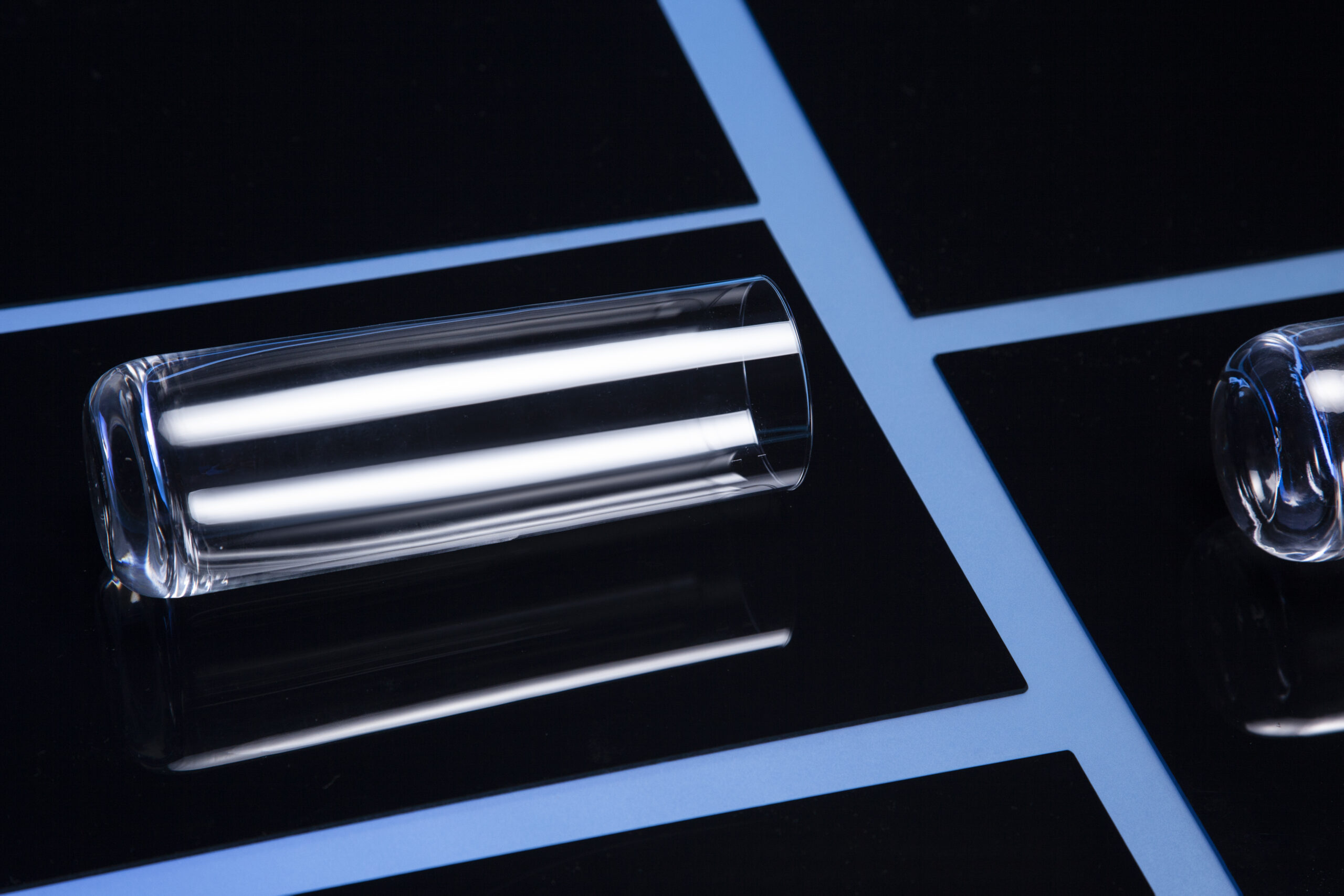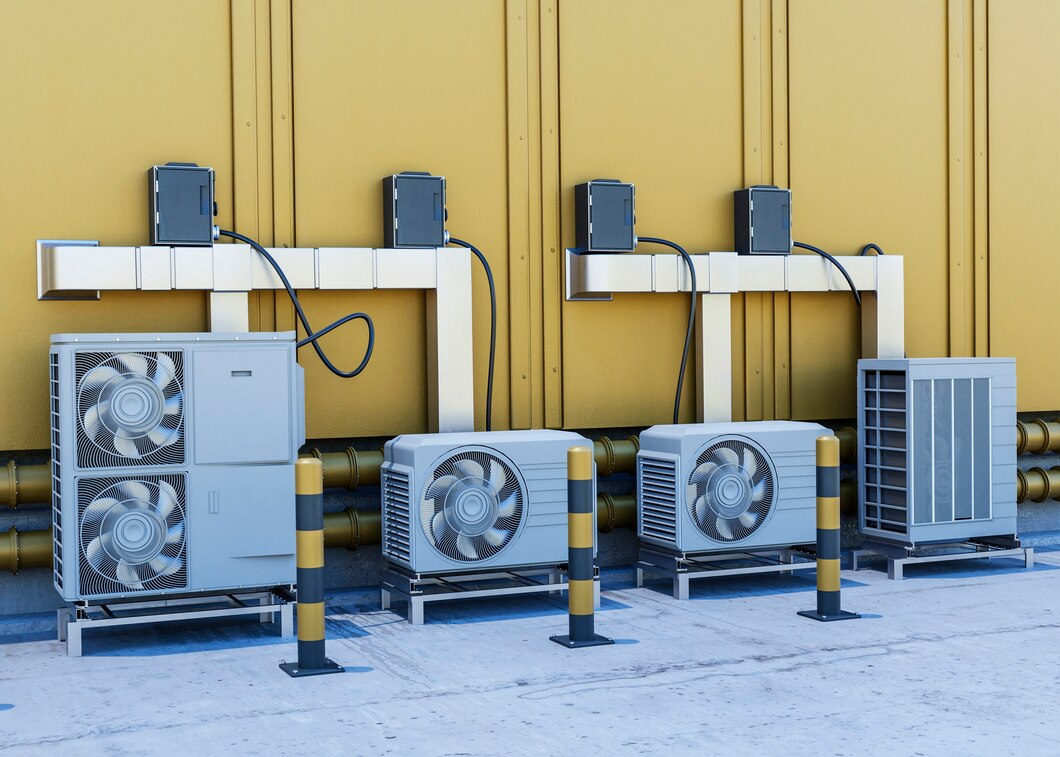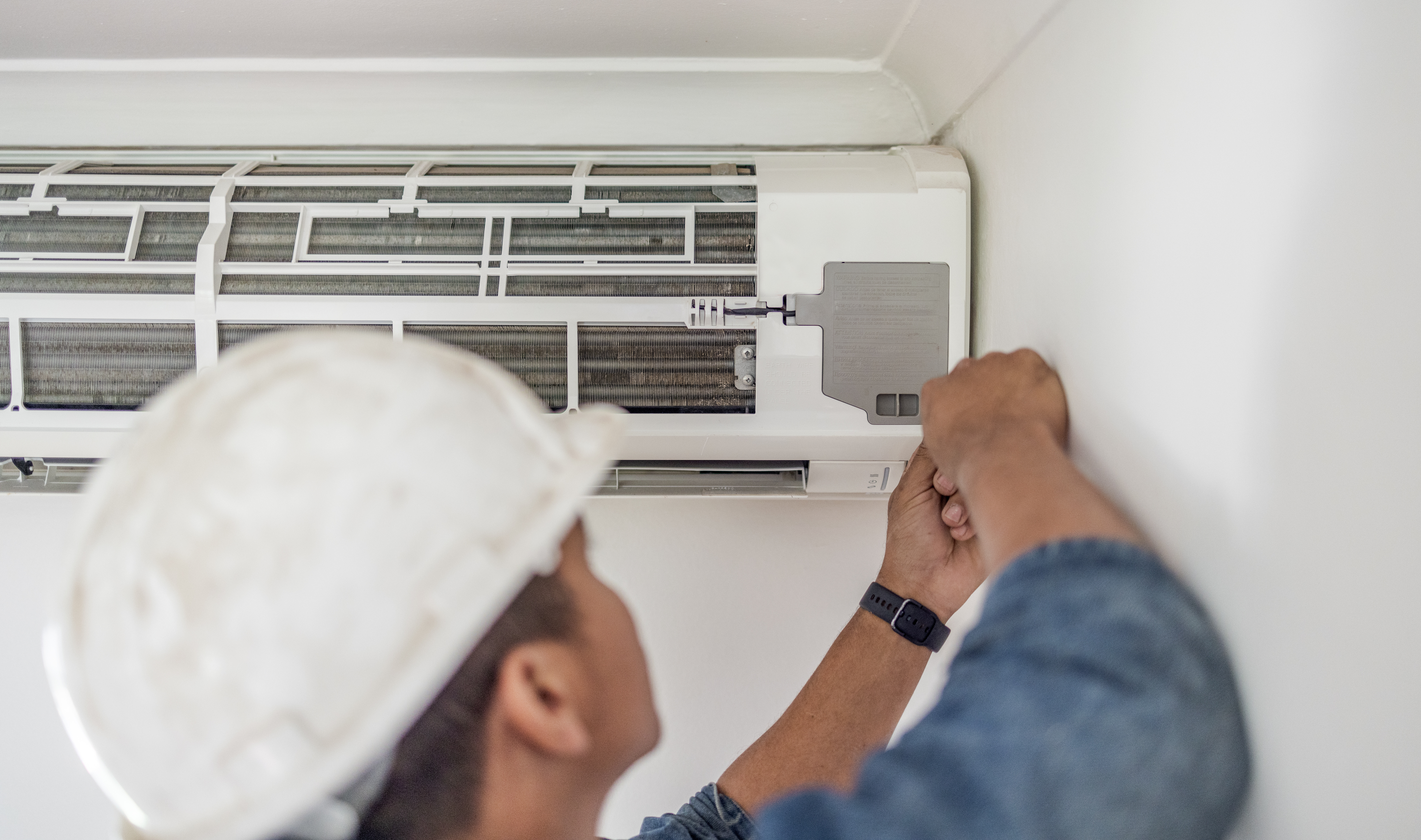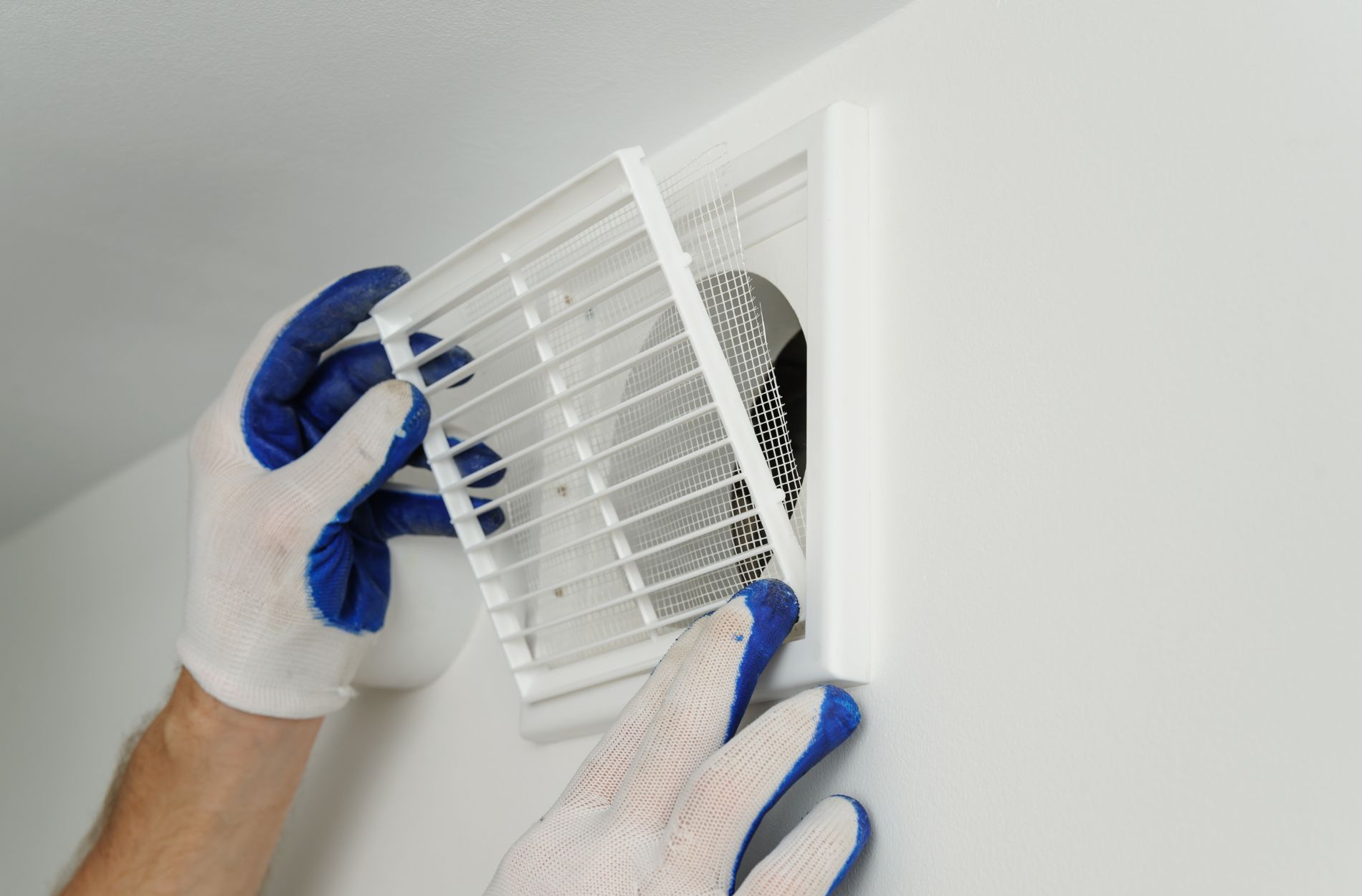Did you know that clogged vents and dirty filters can cost you hundreds of dollars annually? The air that comes through your vents is full of dust, pollen, pet dander, and other contaminants. The particles get trapped in your filter and reduce the airflow by up to 50 percent — which means your vents perform less efficiently and blow out more pollutants into the air than before. In addition, it means that it takes longer for humidifiers and dehumidifiers to do their job correctly. If the ducts in your HVAC system are not adequately cleaned, warm air recirculates inside the building. This poses a threat to your health and can lead to increased wear on components like blowers and coils.
Steps to clean your HVAC filter regularly
Cleaning your HVAC filter is easy and can save money if done correctly. Follow these steps to ensure that your filter is properly cleaned:
- Turn off the power to the unit and wait for all of the fans in the unit to stop running before removing any filters.
- Remove the screws holding the cover over the filter and remove the cover by lifting it from one end. Some filters may have tabs that need to be released first, but most should lift right off after unscrewing any screws holding them in place.
- Use a vacuum cleaner with a hose attachment and vacuum out all dust, dirt, pet hair, and other debris from inside of the unit where the filter sits. Try not to use compressed air as it can cause damage to internal parts.
- Remove excess dust using a damp paper towel or sponge; do not use anything abrasive on your filter!
- Let everything dry completely. If there’s still a lot of dirt left on it, try using a soft brush to scrub off any remaining dust or stains.
- Once you’re done cleaning off your filter, close up the panel and turn the power back on.
5 Advantages of Regular HVAC Filter Maintenance
Helps Your System Work Better: Your furnace or air conditioner will work more efficiently when the filter is clean. The dirty filter can restrict airflow, which makes it harder for your system to blow warm air through your home. It also forces the system to work harder than expected and increases your energy costs. In addition, cleaning the filter before each heating season will help keep it from getting clogged during the cold months ahead, making it even harder for your unit to do its job effectively.
Reduces Ductwork Damage: A dirty HVAC filter can cause severe damage to your ductwork if it gets too clogged up with debris like dust and pet hair over time. This debris can block airflow through the vents in the house, which means less heat or cool air comes out of them — or none! If left unchecked long enough, this could result in severe complete failure.
It Prevents Damage to Your System: Regular HVAC filter maintenance will go a long way toward preventing damage to your system. If you don’t change your filters, they’ll get dirty and clogged up with dust and debris. This can cause your system to work harder than it needs to, which could shorten its lifespan or damage it permanently.
Less stress on equipment: Over time, dust and other particles can build up inside an air handler or furnace cabinet and cause corrosion, leading to premature failure of critical components. Regular cleaning often helps prevent this from happening by keeping these areas free from debris build-up.
It Helps Reduce Energy Costs: Changing your filters regularly will help reduce energy costs because you won’t need to run your system as often to maintain a comfortable temperature inside your home. In addition, since these filters are specially designed for each type of unit (i.e., central air conditioner), they can increase the efficiency of your system by allowing more air to flow through them at a lower velocity than standard fiberglass filters would allow. They also trap dirt before it enters the blower motor or compressor and thus don’t require as much energy to move through the system as standard fiberglass.
Should you Clean Your HVAC Filter or Replace it?
If you have a disposable air filter, cleaning is not an option. It will only last for one season, and then it needs to be replaced with a new one. On the other hand, if you have a permanent pleated filter (or a synthetic media filter), then cleaning can prolong the life of your filter by several months or even years.
How Do You Know When It's Time To Change Your HVAC Filter?
Here are five signs that indicate it’s time for a new one:
- You notice a decrease in your home’s air quality.
- The sound of the air conditioning or heating system changes.
- You see increased energy bills on the electric or gas bill each month.
- Your system is running longer than usual to cool or heat your house, requiring more energy from utilities and the unit itself.
- Your unit has been running nonstop for several hours, even though you’ve turned off all the thermostats and manually shut off power to the unit itself.
If you are having trouble with your HVAC system and are looking for an HVAC Repair Johns Creek, Staton Heating & Air is the name you can trust. We have been offering the best air conditioning repair to our customers since 1972. To talk to our specialists, call (770) 667-3992.











